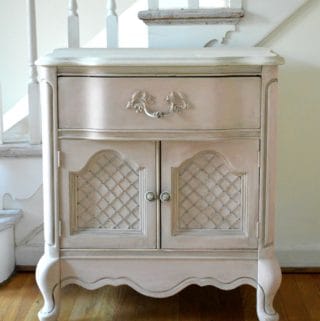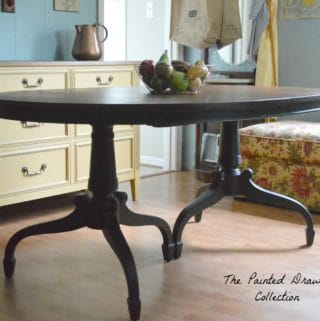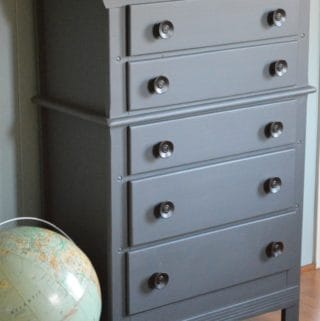More people are taking strides to increase how ex-friendly their home is. Increasing how often they recycle and their recycling capabilities and getting the whole family involved. Looking at other options when it comes to energy supplies are even installing energy efficient wood blinds.
Becoming more eco-friendly isn’t only great for you; it makes a positive impact on the environment too. However, one of the biggest perks that people find when they are making the switch to be more eco-friendly is that they are able to save money too.
But what can you do to increase how eco-friendly your home is?
Light Bulbs
One of the smallest and potentially easiest places to start your eco-friendly efforts. Investing in the right light bulbs early on will help lower your energy bills, and are the best way to light your home. Although energy-efficient light bulbs have been around for a while, it hasn’t been a quick switch for many. However, energy-efficient light bulbs last longer and save money – so they are the best starting point.
Solar Panels
There are often initiatives that are backed and funded to allow people to install solar panels to their homes for a more manageable price. The great thing about solar panels, apart from being clean energy, is that at the peak of the summer, solar panels can produce more energy that you use. Which means you might be able to sell some back to the grid. There is some conversation around the amount of time it takes for you to break even on the initial investment, but this isn’t just about money.
Smart Meter
It will come as no surprise that your heating is one of the most significant expenses that you incur when it comes to your energy. As the winter months hit, it creeps up and up until it can have quite an impact on your bank balance. Many people leave their heating on a little bit longer than they really need it on too. Which leads to even more waste in terms of money and energy. The best way to make sure you are really using exactly what you need and no more is to have a smart meter.
They can be programmed so that they only turn on at designated times during the day, like just before you usually wake up or get home from work. And it will automatically shut down as you leave the house too.
You can upgrade this to a smart home system. The system will learn how and when you use energy and will trim down your energy bill and carbon footprint even more. Not only that, but they are often in combination with an app. Making your energy management even more straightforward.
Water
It can often be the case that when we talk about being more eco friendly, we think about our energy consumption. Something that we use all day, every day, is actually water. If you want to really be eco friendly, then you need to take a more rounded approach and get serious about saving water. Most people don’t realize just how much water they actually use. And there are some simple changes you can make, like turning the tap off when brushing your teeth or shaving.
Placing a brick or a bottle in the cistern will avoid using so much water when you flush the toilet too. A low flow showerhead can save up to 160,000 liters of water for a family of four too.
Insulate
One of the most effective ways to improve your eco-friendly status is to make sure that you use as little energy as possible. Proper insulation will help hold the heat in your home, which will mean you don’t need to have it turned up too high, or on for too long. There are many places in your home that should be insulated in the walls and the roof. Most people will make sure that they have double glazing at the same time as having any insulation fitted. If you happen to have hardwood floors, then many people opt to have a rug on the floor too.
Photo by Toni Reed on Unsplash
Kitchen
When it comes to food waste, many of us are guilty of not paying as much attention to it as we should be. Being smarter in the kitchen comes down to a few things. Using the right pot size for the burner. Too small and most of the heat will just be released around the sides.
Many people open the oven repeatedly during cooking too. This is a problem because the oven will then need to use more energy to get back up to the temperature it was at.
Food waste is a big problem. Not only is it a waste of money, to buy things and not use them, but all of that food could be going to either people who need it or into a compost pile. The smartest way to make sure that you are only buying what you need is to make sure that you start meal planning. When you plan your family meals you will only purchase exactly what you need to cook enough for your family.
You can also resolve to ensure that you use leftovers the day after instead of cooking a fresh meal.
Cleaning
When it comes to cleaning, we often use chemicals that are no good for the environment. Once they get washed away, they wind up in the water supply system and the ecosystem. In reality, most of us don’t need to use chemicals to clean. We can get our homes squeaky clean with some elbow grease, and by using natural cleaning products that we make at home. Bicarb and vinegar cleaning products are something that many people will use now.
Becoming more eco-friendly in your home takes time and effort; however, you don’t need to do everything at once. Take your time and make small changes that make sense to your family situation and your home. Before you know it, you’ll be increasing how eco-friendly your home is.
Please note that some of the links above and below are affiliate links, and at no additional cost to you. All opinions are my own.








